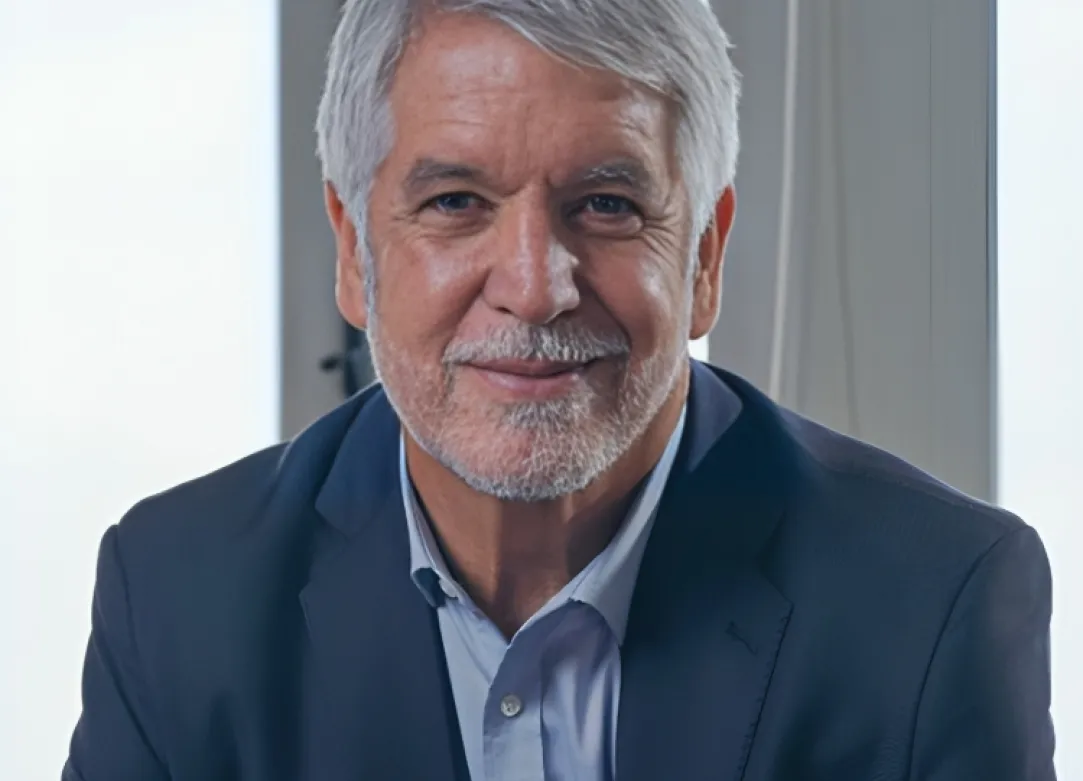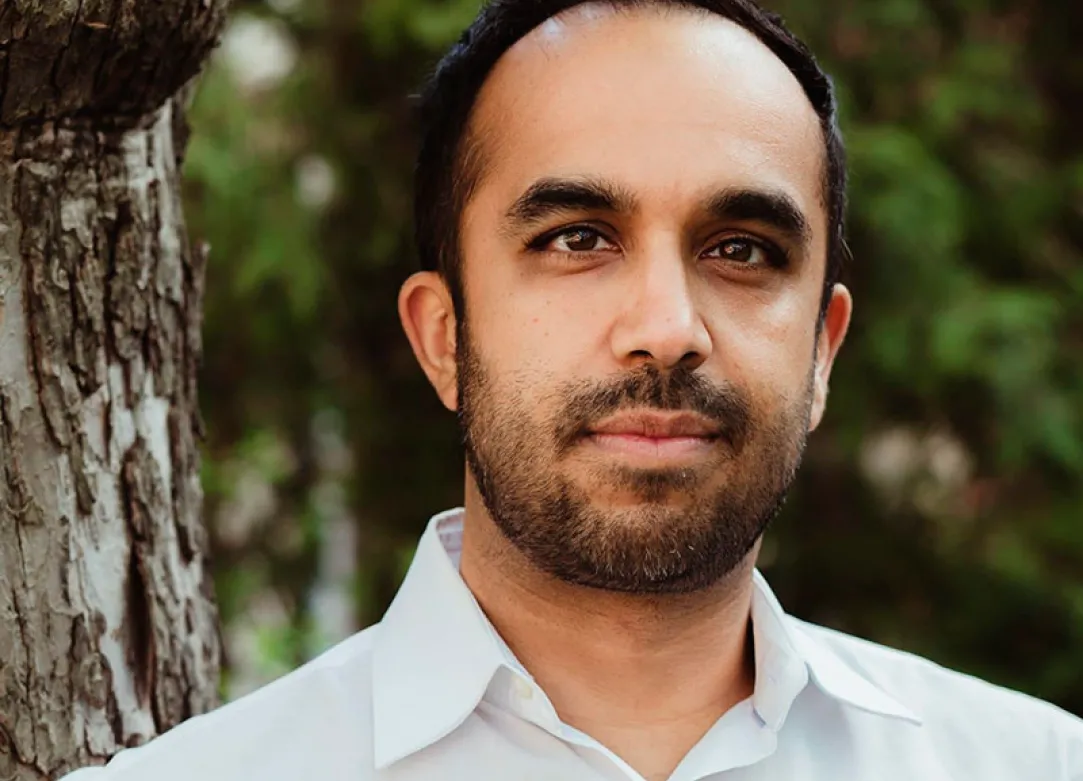Mr. Sculley, one of the world’s most respected marketing innovators, reveals how his brand building strategies have helped build multi-billion dollar consumer brands from Pepsi Generation, Pepsi Challenge, Macintosh, Select Comfort, Hotwire.com, to MetroPCS.
As a boy, John Sculley loved to tinker with electronics; when he was five, he asked Santa for a dry-cell battery, a buzzer, and hookup wire. At ten, he was dismantling radios and converting them into intercoms. As a teen, he invented a color cathode-ray tube that, if someone hadn’t beaten him to the patent, would have been the prototype for the Triniton color TV tube.
It should be no surprise, then, that Sculley is a recognized expert and popular speaker about high-tech tools for tackling such challenges as corporate revitalization and the high cost of health care. What may be surprising is the path that led him here.
The son of a Wall Street lawyer father and an artistic mother, John Sculley was born in New York City and grew up in Bermuda and on Manhattan’s Upper East Side. As college approached, he was more interested in architecture and industrial design than in marketing or technology. He earned an undergraduate degree from Brown University and enrolled at the University of Pennsylvania’s School of Architecture. But a summer internship at a New York industrial design firm convinced Sculley that marketers, not designers, were calling the shots. So he switched to Wharton, Penn’s prestigious graduate school of business.
After earning his MBA in 1963, and taking advantage of his interest in math and statistical modeling, Sculley worked in market research for a New York advertising agency. Four years later, as big corporations began moving their marketing operations in-house, he joined the Pepsi-Cola Company as a trainee.
Sculley describes his first few months at Pepsi as a whirlwind of different jobs in different cities as he learned the rules of corporate culture and the ropes of the soft drink industry. By 1970, at age 30, he was Pepsi’s youngest vice president of marketing, managing a staff of 75. In 1977, after heading the company’s International Foods division and then serving as senior vice president for US sales and marketing, he was named the youngest ever President of Pepsi-Cola.
Sculley credits his years at Pepsi for the evolution of his marketing approach. He says, “My ideas about marketing revolved around building the best possible consumer experiences and then helping find the most creative ways to tease a consumer’s curiosity to become our loyal user.”
In his 1987 book, Odyssey, Sculley says that it was a speech by anthropologist Margaret Mead that inspired the revitalized Pepsi Generation campaign. Mead noted that the single most important factor for marketers since the end of World War II was the emergence of an affluent middle class. Sculley focused on how Pepsi could tap into the children of this generation by associating Pepsi via television with the Baby Boomers’ lifestyle activities.
The Pepsi Challenge was another consumer-experience-centered campaign, designed to capture the surprise of Coca-Cola drinkers when they discovered that they had chosen Pepsi over Coke in a blind product taste test. By the time Sculley left Pepsi in 1983, the Pepsi brand had become the largest-selling consumer packaged goods brand in America, surpassing Coca-Cola in market share.
The partnership of Steve Jobs and John Sculley has been well-documented in Sculley’s own book, in countless interviews, and, most recently, in the iography of Jobs written by Walter Isaacson, published shortly after Jobs’ death in late 2011.
Why did Jobs hire Sculley? Says Sculley, “Steve wanted to be CEO, but the Apple board felt he wasn’t ready. Steve was still over a year away from launching the Mac and the company needed the aging Apple II to continue to provide cash flow for the next three years.”
Today, John Sculley is focused on sharing his considerable experience with corporate executives, “serial entrepreneurs,” and third-wave companies that are not afraid to take risks, to adapt to change, or to use technological advances to achieve their goals.
Sculley has a lot to say about the emergence of third-wave companies – not only high-tech companies, but others with the ability to transform their products and organization in response to changes in the economy, social habits, and customer interests.
First-wave companies were built in the agricultural age, says Sculley. Second-wave companies were built for growth; hence, their strength lies in stability. In contrast, the strength of third-wave companies lies in change: These are what Sculley calls “the adaptive companies.” He is currently working with a handful of start-up companies that are using advanced digital technology to produce health-care-related tools – tools that have the potential to decrease dramatically the $2.5 trillion spent annually on health care in the United States.



